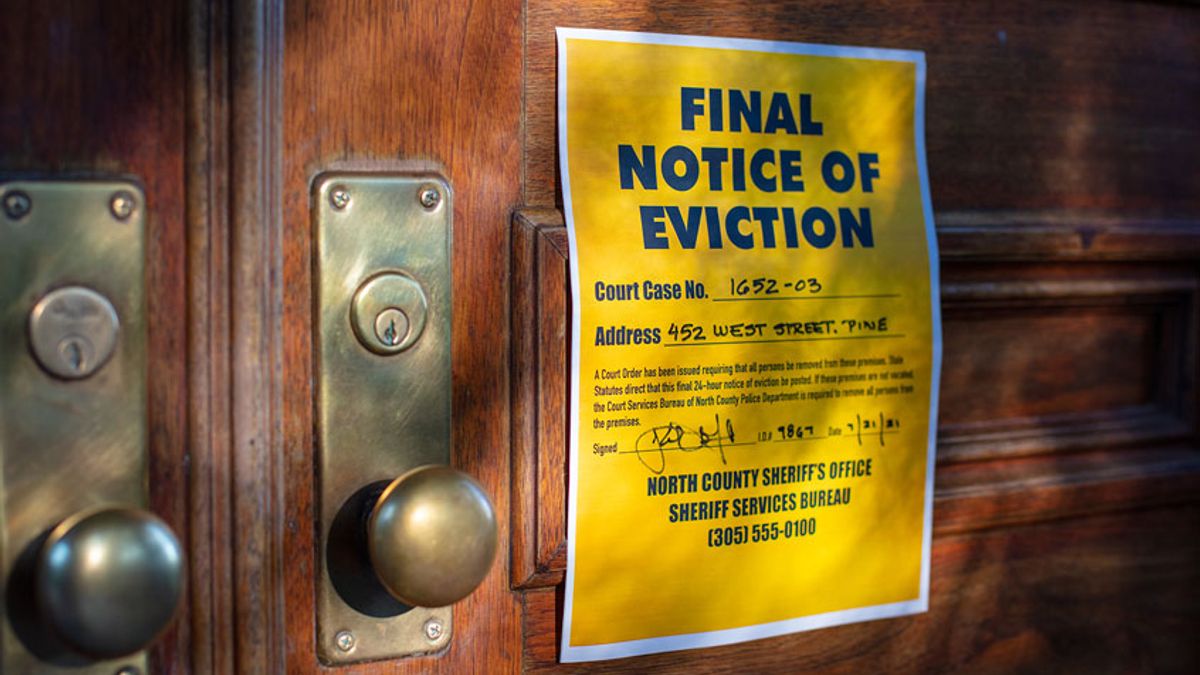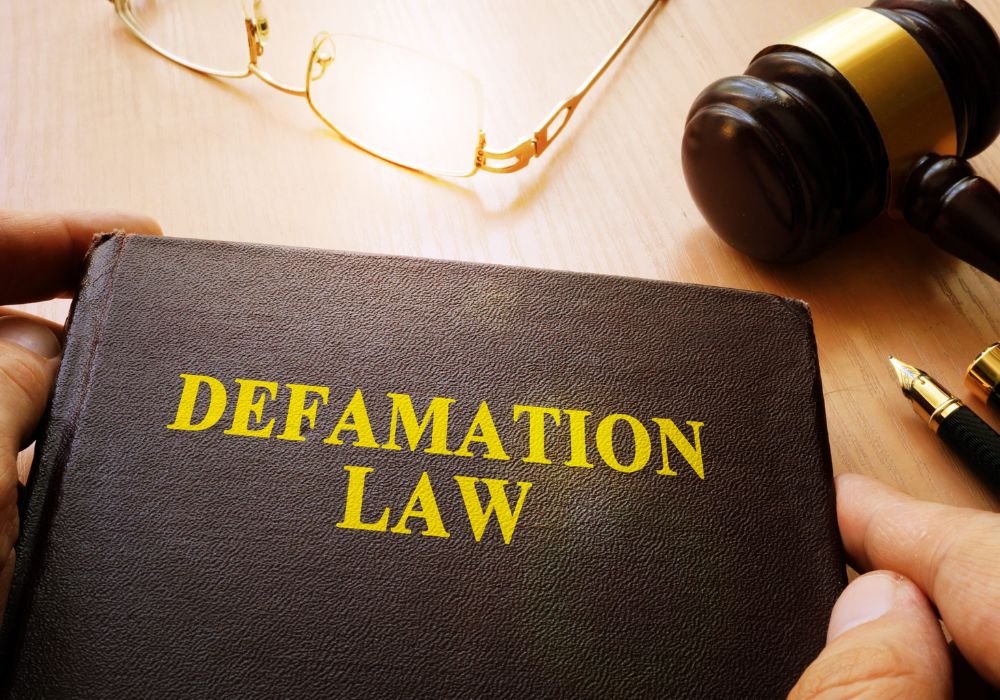When it comes to subletting a property without a written agreement, subtenants may find themselves in a precarious situation. Without a clear contract, questions arise about the validity of the tenancy, the subtenant's rights, and the landlord's obligations.
In this article, we will explore the rights of subtenants in the absence of a written agreement, addressing common concerns and providing guidance for navigating these situations.
What are the implications of subletting without a written agreement?
Subletting without a written agreement can have significant implications for both the subtenant and the landlord. One of the key challenges arises from the lack of a formal contract, as this can lead to issues regarding authorization and eviction.
When a subtenant enters into a subletting arrangement without a written agreement, the landlord may not even be aware of their presence. This lack of awareness can create complications, as the subtenant's occupancy may be unauthorized according to the lease terms.
Consequently, the landlord may have grounds for eviction based on the subletting without permission. In many states and cities, the absence of a written agreement can be a strong case for eviction, provided that the lease clearly outlines the terms regarding subletting.
Can the sublandlord raise the rent without a written agreement?

In oral rental agreements, the sublandlord's ability to raise the rent may be subject to interpretation. Generally, oral agreements are enforceable for up to one year. If the subtenant has been living in the property for less than a year, they may have a valid agreement.
However, the lack of a written understanding can lead to disputes and disagreements about the terms of the rental agreement.
Is the subtenant protected from eviction without a written agreement?
Without a written agreement, subtenants may have limited protection against eviction. In cases where the sublandlord claims the oral understanding was a month-to-month arrangement, the subtenant may be subject to eviction upon proper notice. However, if the oral agreement was for a fixed-term lease, the subtenant may have more significant protection against eviction until the lease term expires.
What rights do subtenants have in the absence of a written agreement?
Even without a written agreement, subtenants may still have certain rights. These rights can vary depending on local landlord-tenant laws and regulations. Subtenants may have the right to a habitable living space, protection against illegal eviction, and the right to request repairs or maintenance from the landlord.
How can subtenants protect themselves without a written agreement?
In the absence of a written agreement, subtenants can take steps to protect themselves. It is advisable to document any communication or agreements with the sublandlord and maintain records of rent payments. Subtenants should familiarize themselves with local laws and regulations regarding subletting and seek legal advice if necessary. Exploring alternative housing options may also be a prudent course of action.
What should subtenants do if faced with a dispute over rent or eviction?
If a subtenant finds themselves in a dispute over rent or facing eviction without a written agreement, there are several steps they can take. First, they should try to communicate and negotiate with the sublandlord to reach a resolution.
If this proves unsuccessful, seeking legal advice from a landlord-tenant attorney is recommended. The attorney can provide guidance on the specific rights and remedies available to the subtenant in their jurisdiction.
Conclusion
Subletting without a written agreement can create uncertainty and potential legal complications for subtenants. While the lack of a contract may limit certain rights and protections, subtenants still have legal avenues to explore and should familiarize themselves with local laws. Being proactive, documenting agreements, and seeking legal advice when needed can help subtenants navigate these situations and protect their rights in the absence of a written agreement.





